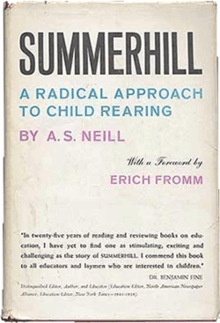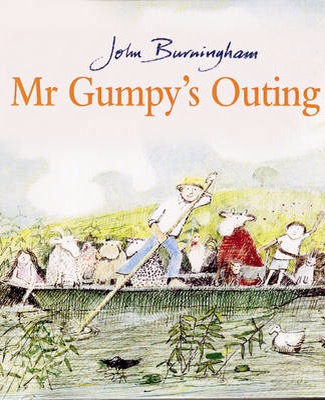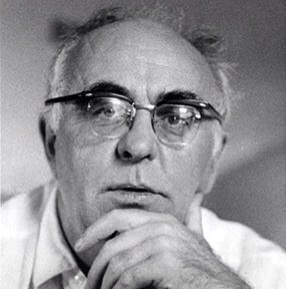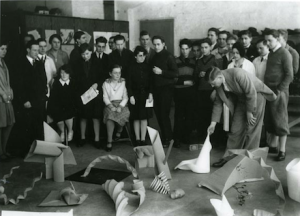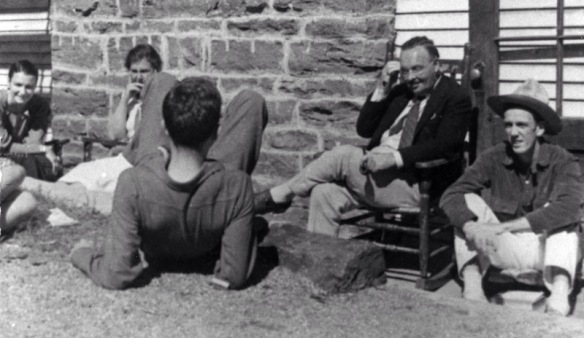Ten Things You Need to Know if You Want to Be a Summerhill Teacher
A lot of people want to work at Summerhill School. It is the glamour child of the Democratic Education world. Here is a list of ten things you need to know if you want to be a Summerhill Teacher.
1. Summerhill needs good teachers. That’s fairly obvious, isn’t it? After all it is a school. Unfortunately, the school has suffered with teachers who miss the basic point that to be a teacher means to teach: it does not mean reliving your own childhood or putting on lots of cool activities that you would have liked to have done when you were a kid. Summerhill is the last place for the “teacher as entertainer” that you sometimes see in other schools, filling kids’ lives with activity after activity.
2. Know your subject. If you don’t know what you are teaching, what’s the point of you as a teacher? When you know your subject you will be able to adapt it to the level of the children you are teaching, which leads on to…
3. Know your students. If you don’t get the level right you are going to be either patronising (over simple) or impossible to understand (over-complicated). Spend some time learning what they do and do not know. Summerhill kids are generally confident and mature in ways that children in other schools are not, but achieving this may mean that they have deficits in prior learning. It is a part of your job to work within these constraints, not just wheel out the standard curriculum you learnt at teacher training college.
4. You need some way to check that what you are teaching has actually been learnt. Summerhill doesn’t measure children in the systematic way that is encouraged in the mainstream, but there is no way you can be a good teacher unless you have some way of finding out whether what you have taught has been learnt. Not measuring children does not mean that you have to do away with tests. Many children like tests, funnily enough, because they want to know whether they have really “got it” just as much as you do.
5. Don’t turn teaching into a popularity contest. Don’t give out cakes to people just for turning up, don’t coax them in with playful activities and don’t dumb your material down. Kids at Summerhill are quite often “behind” in formal terms, but they more than make up for that with smarts. Most of them can see through these games. If they can’t it is sad and you are taking advantage of them for your own purposes.
6. Get used to being marginalised. If you are not big enough to accept that sometimes your precious classes will come second place to an impromptu theatre performance, party or hike, Summerhill is really not the place for you. In most children’s lives at Summerhill teachers are a necessary evil, reminding them of the need to “get serious” sometime.
7. Be fair with your time. Sure, it is a great boost to your ego to be able to fill your timetable with classes for the few eager students who are going to get good grades. You have a professional obligation to think of all of the children, however. This means always being prepared to help children back into the classroom, dedicate time and energy to preparing classes at their level and be responsive to their needs. It is a private school: the children who are not going to classes have as much a right to your time as the ones that are always there.
8. Children grow up and mature without you. A lot of neurotic adults profess to know what is good for children and then bully their way into young lives trying to get a little credit for a developmental process that will happen without them. Get used to it. You don’t know better.
9. Summerhill is a family business as well as a school. This means there is a lot of generational wisdom about the “Summerhill way” of doing things. It can be frustrating for a teacher with a lot of professional experience to find that her own way of working does not fit, but it is just common sense that a school with such a unique culture as Summerhill will have ways of defending its uniqueness. You are wasting your time if you think you are going to change the basic philosophy of the school with your own brilliance: if you are that brilliant you should go and start your own school.
10. Take a full part in community life. Work at Summerhill does not end when your classes end. If you are unable to enjoy the benefits of the rich culture of the school because you are too full of your own professional dignity, Summerhill is not for you.
I have written this list for the benefit of anyone thinking of working at Summerhill. It is a personal view that does not represent the school’s views.





